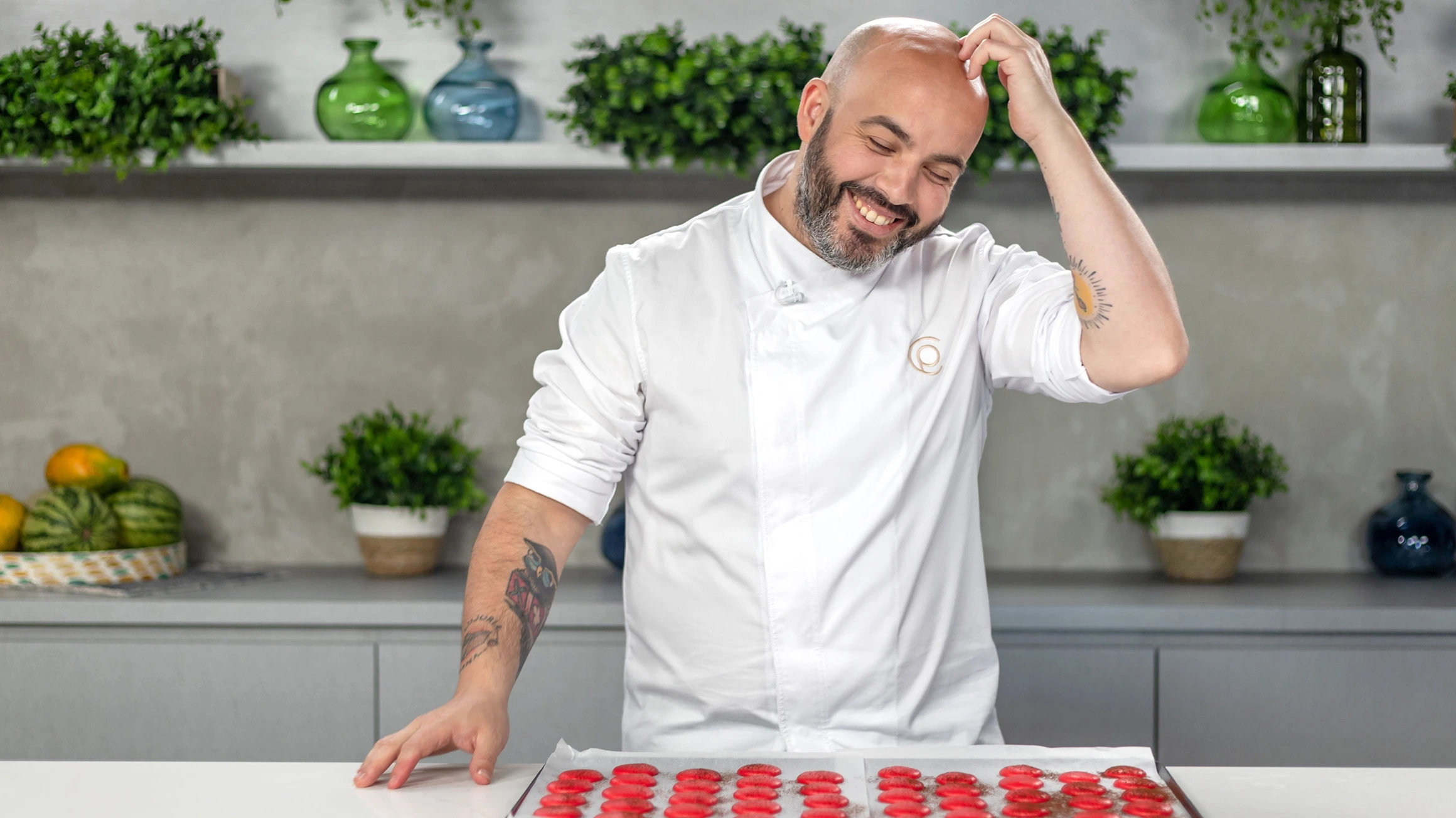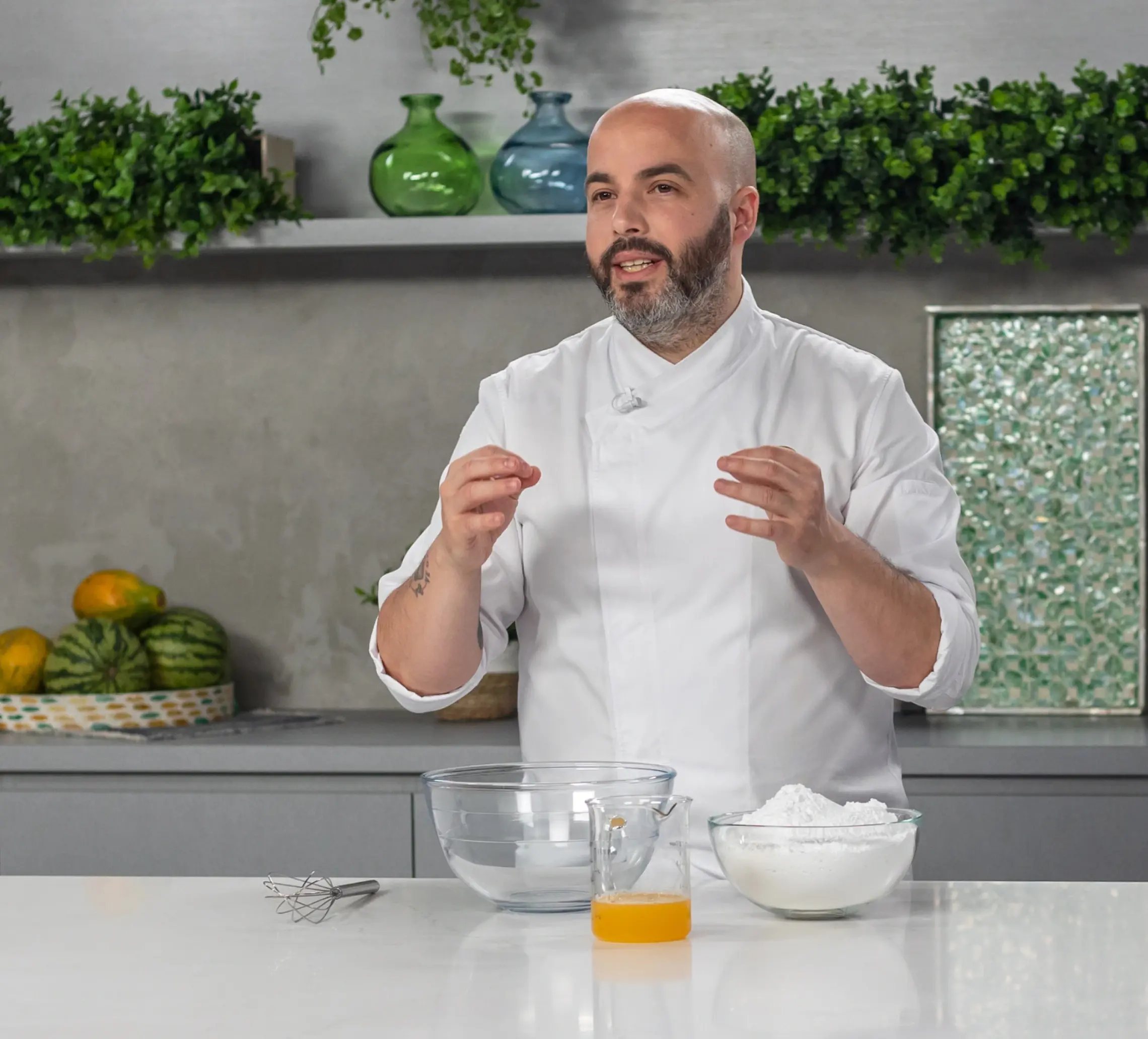What to Consider Before Writing a Book
Before diving into writing your pastry book, it’s essential to have a clear understanding of your goals and plan. Here’s what to consider:
- Define Your Vision:
Determine the theme of your book. Are you focusing on a specific type of pastry, like eclairs or viennoiserie, or providing a broader range of recipes? Identify your target audience, whether beginners, professionals, or home bakers, and consider what sets your book apart. What unique techniques, ingredients, or artistic styles do you bring to the table?
- Gather Your Content:
Collect the content needed for your book:
- Recipes: Choose a variety of recipes that align with your theme. Ensure they are well-tested and clearly written.
- Photography: High-quality images are crucial. If photography isn’t your strength, collaborate with a professional food photographer.
- Tips and Techniques: Share insider knowledge and practical tips that simplify complex processes and offer solutions to common issues.
- Personal Stories: Add anecdotes from your pastry journey to give your book a personal touch and make it more engaging.
- Organize and Structure:
Plan the structure of your book to keep readers engaged:
- Introduction: Start with an introduction that tells your story and explains the book’s purpose.
- Chapter Breakdown: Divide your book into logical chapters, each focusing on specific categories or themes. Arrange them from simpler to more complex recipes.
- Step-by-Step Instructions: Include clear, step-by-step instructions for each recipe, supplemented with visual aids like process photos or illustrations.
- Glossary and Resources: Add a glossary of terms and a list of resources for readers who want to delve deeper into pastry techniques.
How to Write a Book
Once you’ve planned your book, it’s time to start writing. Follow these steps to create a compelling and polished manuscript:
- Write with Passion:
Make your writing as delightful as your pastries:
- Use Descriptive Language: Paint vivid pictures of textures, flavors, and aromas in your recipes.
- Be Encouraging: Motivate your readers to tackle new challenges. Remind them that practice and perseverance are key to mastering pastry techniques.
- Keep it Conversational: Write as if you’re speaking directly to your readers. This makes the content more relatable and engaging.
- Edit and Refine:
Editing is crucial to ensure your manuscript is error-free and polished:
- Self-Edit: Review your manuscript multiple times to catch errors and inconsistencies, paying close attention to details like measurements and instructions.
- Get Feedback: Share your draft with trusted friends, mentors, or fellow pastry students to gain valuable insights and identify areas for improvement.
- Professional Editing: Consider hiring a professional editor who specializes in culinary books to help refine your manuscript and prepare it for publication.
- Choose Your Publishing Path:
Decide between traditional publishing and self-publishing:
- Traditional Publishing: Submit your manuscript to a publisher who will handle production, distribution, and marketing. This route often provides broader reach and credibility.
- Self-Publishing: Manage the entire publishing process yourself, from design to distribution. This option gives you full control and retains all rights and profits from your book.
- Design and Layout:
Focus on the visual appeal of your book:
- Cover Design: Create an eye-catching cover that reflects the essence of your book. Consider hiring a professional designer for this task.
- Interior Layout: Ensure the layout enhances the reading experience with easy-to-read text, well-placed images, and clearly formatted recipes.
- Market Your Book:
Promote your book effectively:
- Build an Online Presence: Use social media, a blog, or a website to create buzz around your book. Share behind-the-scenes content and recipe previews.
- Collaborate: Partner with other pastry chefs, bloggers, or influencers to expand your reach.
- Host Events: Organize book launch events, workshops, or online classes to showcase your book and connect with readers.
- Stay Passionate:
Remember, publishing a book is a journey. Stay enthusiastic, be patient, and enjoy the process of sharing your pastry passion with the world.
By following these steps, you’ll be well on your way to publishing your very own pastry book. Gather your favorite recipes, ignite your creativity, and start writing—there’s a world of pastry lovers eager to be inspired!
September 3, 2024 By PastryClass



























